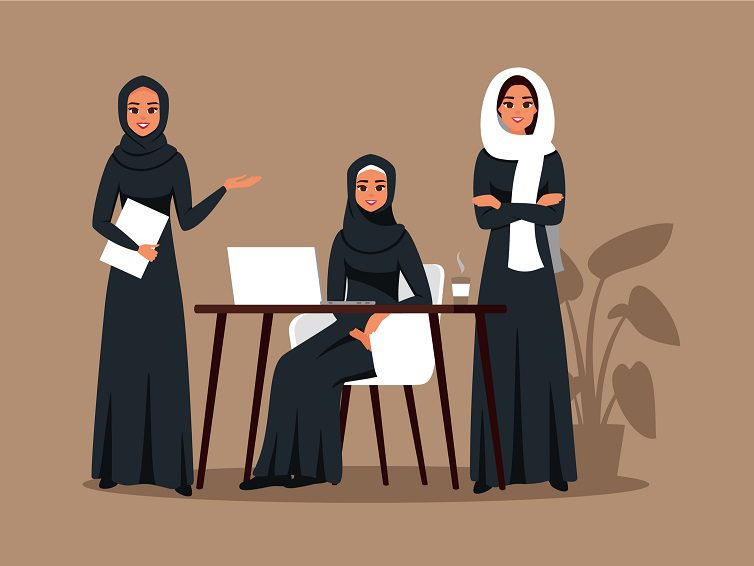(Chaitali Patel is a freelance writer, based in Dubai. This column first appeared in The Hindu on September 24, 2021)
- In November 2016, when Donald Trump was elected U.S. President, he issued an immigration ban, commonly referred to as the Muslim ban, against people from predominantly Muslim countries. This sparked a public debate around what it meant to be Muslim. At that time, Nayantara Dutta was at Tufts University, in the final year of her psychology degree. As a third culture kid and a person of colour, Dutta had always been keenly interested in cultural identity. The events unfolding around her, including the immigration ban, goaded her to dive deep into the subject of Muslim identity. As a religion, Islam is often misconstrued, and millions of Muslims around the world face the brunt of prejudice. Women who follow the faith, in particular, are considered voiceless and oppressed. In an effort to understand how Muslim identity was changing and evolving, Dutta chose to explore the topic in her thesis. Her research culminated in an 82-page trend report titled ‘Unapologetically Muslim’. For her report, Dutta spoke to 50 women across the U.S., U.K. and Indonesia, documenting what being Muslim meant to them…
Also Read: Another grouping: On AUKUS – The Hindu

